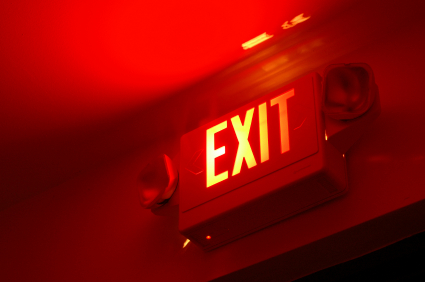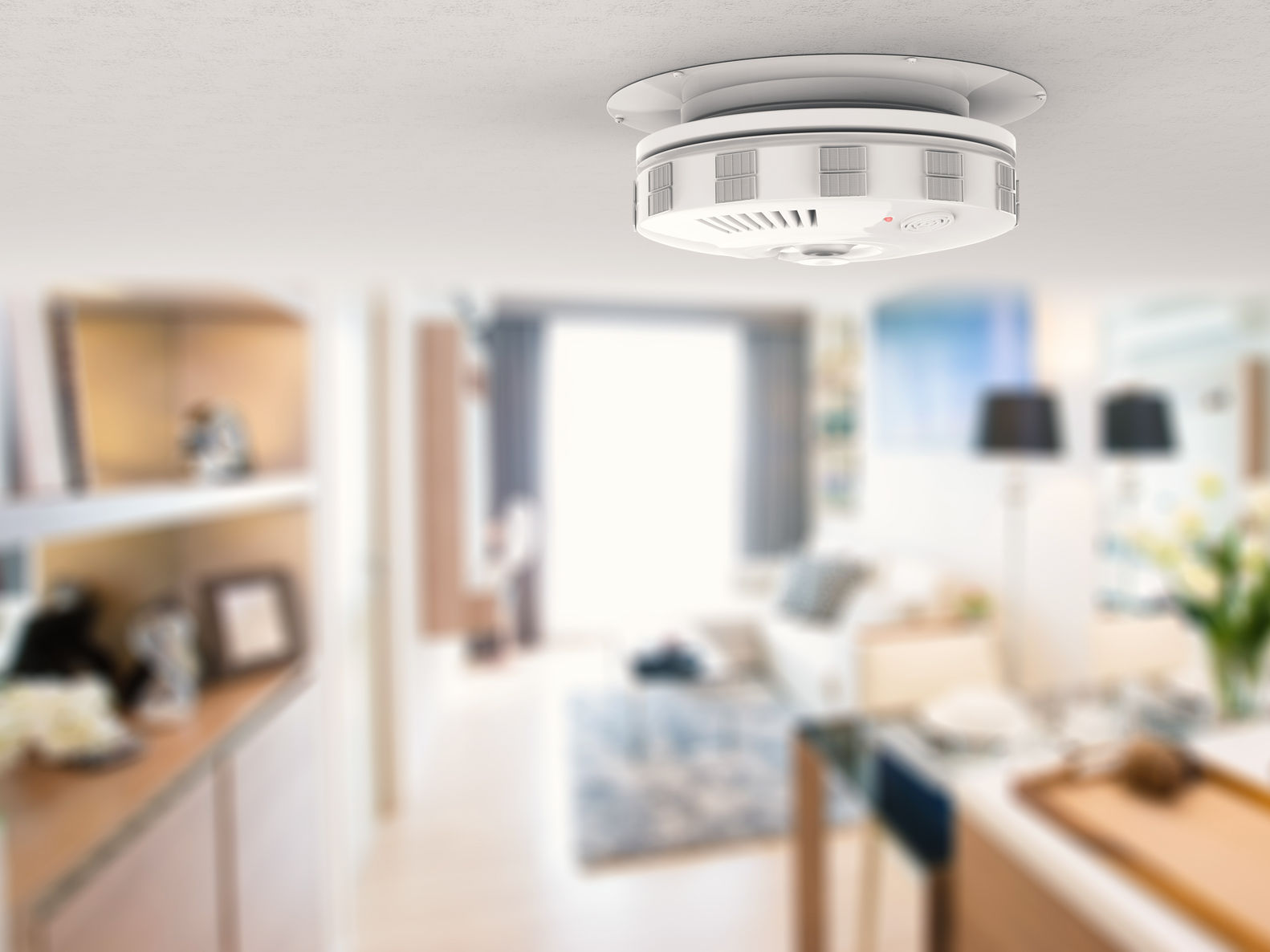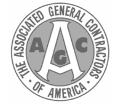Can Fire Alarms Damage Hearing?
 Fire alarms, while they are essential for our safety, they emit high-decibel sirens designed to alert us to potential danger. Could these shrill sounds, when heard up close, be harmful to our ears? In short, yes. Prolonged exposure to any loud noises, especially at close range, can lead to hearing damage.
Fire alarms, while they are essential for our safety, they emit high-decibel sirens designed to alert us to potential danger. Could these shrill sounds, when heard up close, be harmful to our ears? In short, yes. Prolonged exposure to any loud noises, especially at close range, can lead to hearing damage.
While fire alarms are momentarily loud and potentially harmful to hearing, the priority is to ensure everyone’s safety by promptly and quickly exiting the premises in the event of a fire, thus reducing the time exposed to the noise. This means the risk of hearing damage from fire alarms is minimal compared to the critical role they play in saving lives during emergencies.
At Kauffman Co., we are your local fire safety experts in the Houston, Texas, area. We believe in saving lives and property, and we do so by providing many services in fire safety installations, repairs, maintenance, and resources. Call us today to find out more about how we can help you and your business stay protected in the event of a fire.
services from Kauffman
How Loud Are Fire Alarms?
Fire alarms and smoke detectors work together to identify the presence of a potential danger and notify anyone in a building of the threat. As part of this process, most fire detectors deploy both visual cues, such as strobes and flashes, and audio cues, such as a loud siren, to warn occupants that there is an emergency condition that requires action.
What Is the Decibel Level of a Fire Alarm?
In the United States, a typical fire alarm sounds off between the 65 decibel and 120 decibel range. According to the National Institute on Deafness and Other Communication Disorders, repeated exposure to sound at 85 decibels or above can be enough to cause hearing loss.
Though fire alarms may technically be loud enough to damage hearing, it can help to put their volume in context compare to other loud noises you may be regularly exposed to.
Some examples of other contributors to noise-induced hearing loss are given below:
- Heavy city traffic – 85 decibels
- Motorcycles – 95 decibels
- An MP3 player at max volume – 105 decibels
- Firecrackers – 150 decibels
Of course, the distance you are from the source of the sound and the measure of how long you are exposed to it will better determine its effects on your hearing. When you hear a fire alarm and your hands immediately go to your ears to cover the sound, think of it as a natural defense against hearing loss while you quickly make your way safely out of the building.
Why Are Some Fire Alarms Louder Than Others?
Fire alarm systems range in how loudly they will sound when triggered, depending on the manufacturer and model of a fire alarm and its intended purpose.
According to the National Fire Protection Association, fire alarm systems that are being used in public places, such as in commercial buildings or restaurants, should be a minimum of 15 decibels above the average sound level of the area.
In an office where typical chatter generates a decibel level of about 50-60, the fire alarm systems may be only 75 dB or higher, whereas, in a loud commercial kitchen or a large commercial space with tall ceilings, the decibel range of your fire alarm system will be higher.
How Can I Protect My Hearing Around a Fire Alarm System?
If where you live or work has routine fire drills or you simply want to be prepared to protect your hearing, there are a few things you can do to protect your ears in the event that a fire alarm goes off.
Most importantly is to develop a fire evacuation plan. Know where everyone needs to go to evacuate in the event of a fire, and discuss with them what steps need to be taken and in what order. This limits confusion and reduces the time you will spend exposed to potentially unsafe conditions and loud noise. During fire drills, cover your ears with your hands or sleeves when you can, and have your fire alarms examined to determine the optimal decibel levels needed to signal an emergency.
Find out more about creating fire evacuation plans for your building, and remember to request periodic inspections from your local Houston fire safety consultants at Kauffman Co. in Houston, TX.
services from Kauffman
















